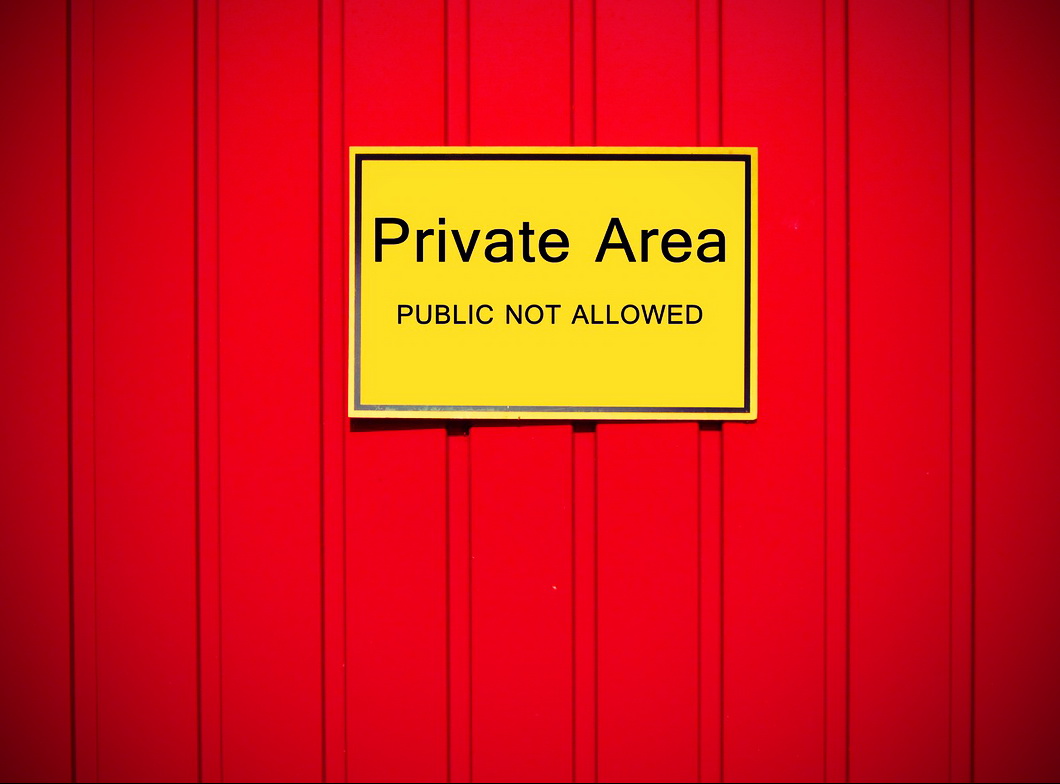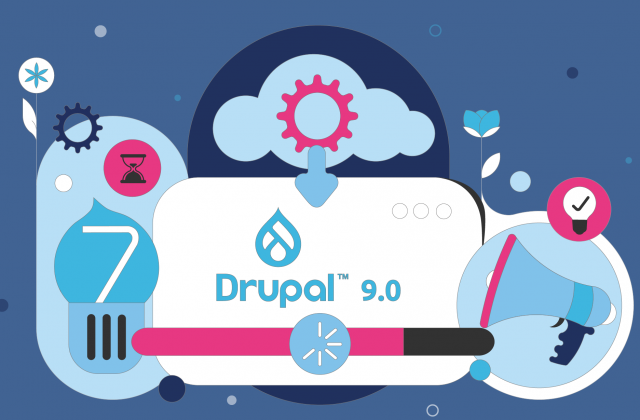We take our privacy very seriously, at least most of us; however, it seems that the trend of privacy being dead is omnipresent.
Four Privacy Myths is an essay written by privacy law expert and professor of law at Washington University in St. Louis, Neil M. Richards.
In it, he explores the four common privacy myths and confronts a reader with different approaches to the term itself and comprehension of privacy, showing that
(1) Privacy Is Dead
(2) (Young) People Don’t Care about Privacy
(3) People With Nothing To Hide Have Nothing To Fear and
(4) Privacy Is Bad For Business, are truly privacy myths
While I agree with him that changing the discourse is as important as ever, I somehow believe that the fourth myth will have a long way to go.
Protecting our privacy in the digital age is not only the question of how much of our personal lives are exposed, or how many “bad secrets” we have to hide, it is a question about how information flows and who has the right to use that information.
Privacy is a complex phenomenon
We are mostly choosing between giving up on protecting our personal information and ending up in even more self-censorship, or we embracing a new approach to understanding the term and participating actively in the world we would want to live.
Moreover, we are constantly reminded about the sensitivity of our personal information. An attempt of a Dutch student who auctioned his personal data and sold for 350 euros to show that privacy is necessary for developing one’s individual character and ethics is yet another wake-up call, and it’s not the first one, though the latter had a bit different approach.
A social media experiment in 2013 did show how easily one could obtain information from social media, and although the experiment terrified us, it was, however, somehow easily forgotten. A lamp that tweets private conversation is another reminder. Two artists, experimenting with surveillance, installed simple recording devices in park lamps, libraries, and bedrooms in New York City.
The Conversnitch aims to wake up our paranoid selves (in a good way I hope).
Going further, we have another experiment, of a woman, a professor of sociology at Princeton University, who wanted to conceal her pregnancy to avoid the advertising attack of the companies targeting expecting parents. It was a fight against big data, and it was hard, as she explained, that she ended up feeling like a criminal.
Emphasising that the understanding of privacy must evolve, Richards takes on the first myth explaining that privacy most certainly is not dead and cannot be dead because it deals with the rules governing personal information. Going further, he explains with some concrete examples that both young and old do care about their privacy, although the young face limited choices about how to participate in the processing of data.
What about our embarrassing secrets?
Regarding our “embarrassing secrets”, he concludes that it is not about having nothing to hide thus nothing to fear, it is fundamentally the question of personal information, thus, the question of personal power, and abuse of that power. Finally, in the light of Snowden’s revelations, it would be however bad for businesses to keep on abusing the power of personal data, thus business should compete on privacy protection in the future.
Privacy as a marketing tool
However, privacy as a marketing tool is very convenient, easily adjustable and very award-winning when it comes to consumer’s attention and, well, the efficiency of that attention. We know retailers are using surveillance cameras to enhance sales.
We know many of us would pay attention to a billboard with “Your Data Should Belong to the NSA” statement, though in this case, the campaign was BitTorrent’s idea, which to many of us was welcomed, but still, can you get any better than this statement?
No, the statement is enough to scream success.
We surely were amused by the campaign for Adobe Creative Day, and had a laugh as well, although some may have been freaked out at the thought of the easiness of being secretly photographed, and publicly displayed.
Have you met Dave, a mind reader? Dave is a pretend-to-be-fortune teller, but a very persuasive one.
„What is the name of your children? What was the price of your house? How much money is in your bank account? How much did you spend on clothes last month? What is your bank card code number? Your entire life is online, and it may be used against you. That is why you have to be vigilant“, explains Safeinternetbanking.be.
A non-profit SaferNet Brasil focused on identity theft and child pornography, submitted a very clever add stressing,
“The Internet can’t keep a secret. Keep your privacy offline”.
While the set of ads centered on child pornography are straight-to-the-point, the one about our privacy also deals with our own responsibility.
Yes, the Internet cannot keep a secret, and yes, we should keep our privacy offline, then again, what about an online privacy? Can we really give up on using technology, or should we?
Therefore, we still have a problem to deal with.
The conclusion?
Yes, marketers, it is one of the best ways to get our attention if you make us paranoid (though evoking our paranoia can be for a good cause).
There are more examples from the advertising world, however, not just from this world; the business world is growing on our personal information and on abusing our privacy. However, with Snowden’s leaking of information, technology giants were forced to make a clear stand on privacy (lobbying for limitations on government surveillance, yet doing the same old within their companies).
What about mobiles and privacy?
With the recent hacks, a growing mobile industry may gain one more (obvious) priority, and that is privacy, which is good.
Billions of people are using smartphones.
Those billions are also using various mobile applications, which puts a privacy priority on developers on demand. Everybody is thinking very seriously about data protection, which we can see with Facebook’s recent launch of Anonymous Login. This is where I agree with privacy is bad for business myth being a myth, companies will gain much more if they focus on truly protecting our data in the future and if they compete on privacy grounds, as Richardson said.
We have also seen a breakthrough of anonymous social apps.
This is where I see sort of a problem, especially from a purely active citizenship point of view.
Firstly, let’s assume we believe we can make an impact on the world we live in and change it for better. Let’s say we are conscious citizens who believe their voice and opinion should be heard. Let’s say we believe in civil liberties. Let’s say when we see injustice, we are going to point it out. However, we are going to point it out anonymously.
To protect our privacy, we choose anonymity, because with the privacy we have now, we may stay silent or undergo a good old self-censorship, which we are already doing.
Secondly, the IT see an improvement in data protection by providing us an option to be anonymous (mostly), or, to actively take part in choosing which information should be provided (Anonymous login, for instance).
Many of those services are either pay-what-you-want or free.
So, how can something that is free be good for business? In addition, is this truly a free service?

I did my own little survey and asked my friends and family if they are using free apps (though I did not specify).
More than 40% told me that even though they do not believe in free apps, especially when it comes to privacy because there is always something you will have to compromise, they are still using it.
Others told me that they check the reviews before installing them (if they find them relevant) and check the company who made them. This just may result in companies offering their protect-all services that we are going to pay for, to protect ourselves from, well, them.
While I do generally agree that privacy is not bad for business, can we trust those giant companies again? Moves app was said to stay as a standalone app, not sharing its data with Facebook, and today, Moves is going to share them.
We have so many concerns about privacy, and understanding the term is probably one of the biggest. In addition, those talks about privacy didn’t even start in countries that have been under oppressive laws for as long as they have been created. We need to change the discourse and to realize that we need to have control over our private data and that we need to participate in data sharing.
Clearing away the myths is a good thing to do or the privacy – already a worn-out, overused, over-misused, and unreliable word will become even more significance-deprived, and we might have to create a new one.




